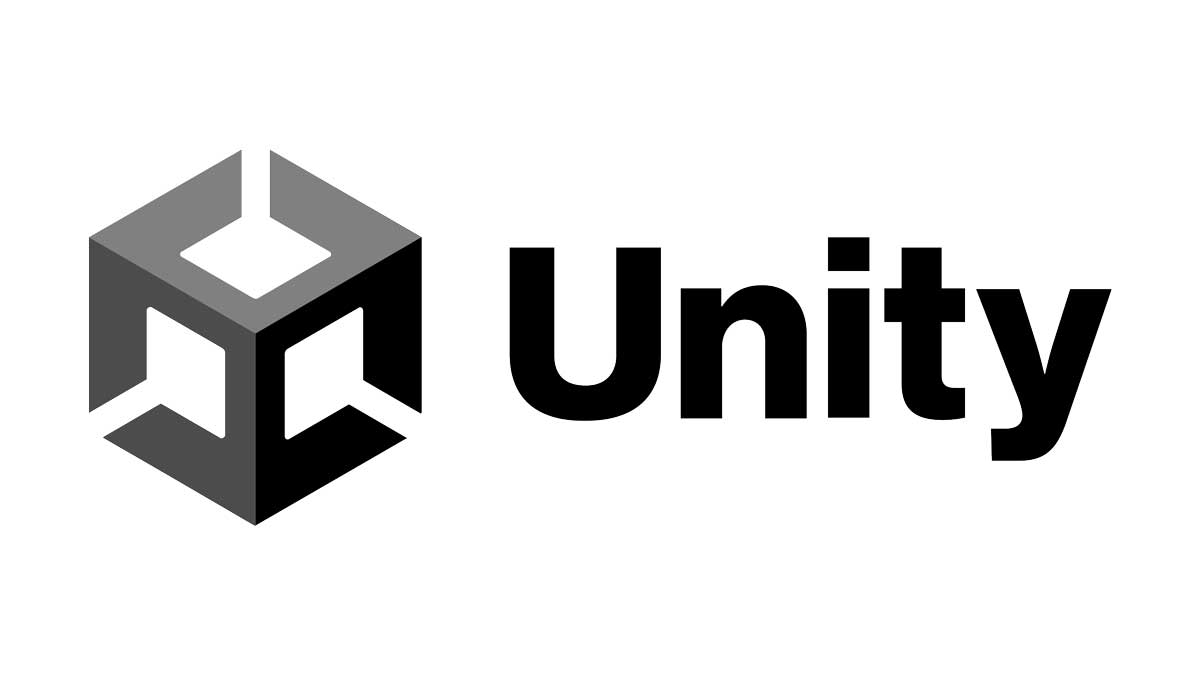 Image: ©Unity Logo (Wikipedia)
Image: ©Unity Logo (Wikipedia)
Author: VANAS
Unity Cancels Runtime Fee
On September 12, 2024, Unity Technologies, under the leadership of CEO Matt Bromberg, made a significant announcement that reverberated throughout the gaming industry. The company decided to cancel the controversial Runtime Fee for game developers, a decision that has far-reaching implications for the gaming community. Let's breakdown the reasons behind this decision, the initial rationale for the price increase, the subsequent retraction, and what it means for independent video game developers.
VANAS Online Animation School offers Video Game Design programs. To launch your career, visit VANAS.
The Rationale Behind the Price Increase
In recent months, Unity Technologies proposed a Runtime Fee for game developers, which would have charged a fee based on the number of game installations or runtime usage. The primary motivation behind this fee was to support Unity’s continued investment in its development tools and infrastructure. As Matt Bromberg highlighted, Unity's mission has always been to democratize game development, providing powerful tools that enable creators to bring their visions to life.
However, the introduction of the Runtime Fee was a financial move aimed at generating additional revenue to fuel innovation and maintain Unity's competitive edge. By implementing this fee, Unity sought to address the increasing costs associated with maintaining and enhancing its platform, ensuring it could continue to offer high-quality services and support to its users.
The Decision to Retract the Increase
The backlash against the Runtime Fee was swift and intense. Independent developers, in particular, voiced concerns about the potential impact on their businesses. Many felt that the fee would impose an additional financial burden, making it harder for smaller studios to sustain their operations. The feedback from the community and the broader gaming industry was overwhelmingly critical, leading Unity to reconsider its approach.
Matt Bromberg’s announcement of the cancellation of the Runtime Fee reflects a deeper understanding of the concerns raised by the community. Unity's commitment to maintaining a partnership built on trust became a central theme in the decision-making process. Bromberg acknowledged that while price increases are a necessary aspect of business, they should not undermine the core values of partnership and support that Unity stands for.
By canceling the Runtime Fee, Unity aims to realign with its mission of supporting game developers in their creative endeavors. This decision not only addresses the immediate concerns of the community but also demonstrates Unity’s willingness to adapt and respond to feedback. It reinforces the idea that Unity values its relationship with developers and is committed to fostering a collaborative environment.
The Implications for Independent Game Developers
For independent game developers, Unity’s decision to cancel the Runtime Fee is a significant relief. Independent studios often operate with tight budgets and limited resources, making any additional costs a substantial burden. The initial proposal of the Runtime Fee raised concerns about its potential impact on the financial stability of smaller developers, who might struggle to absorb these costs.
With the cancellation of the Runtime Fee, independent developers can focus on what they do best—creating innovative and engaging games—without the added worry of runtime-related expenses. This move helps level the playing field, ensuring that smaller studios can compete on more equal terms with larger entities in the industry.
Additionally, Unity’s decision to revert to its existing seat-based subscription model provides greater predictability and stability for developers. The updated subscription pricing for Unity Pro and Unity Enterprise reflects a more traditional approach, with clear and upfront costs that allow developers to plan and budget more effectively. For Unity Pro users, the 8% increase to $2,200 annually per seat, and the 25% increase for Unity Enterprise, are significant but manageable within the context of their existing business models.
The increased revenue and funding ceiling for Unity Personal users, who can now earn up to $200,000 USD without incurring subscription costs, is also a positive development. This change further supports independent developers by providing access to Unity’s tools at no cost for those starting out or operating on a smaller scale.
Unity’s Commitment to Developers
Unity’s decision to cancel the Runtime Fee and modify its pricing structure marks a turning point in its relationship with the developer community. By addressing the concerns raised and reverting to a more traditional pricing model, Unity demonstrates a commitment to being a supportive and reliable partner for developers.
As Unity moves forward, the company’s focus on delivering value at a fair price will be crucial in maintaining trust and fostering a positive relationship with its users. The commitment to annual consideration of potential price increases and the assurance that developers can continue using their current software versions under previously agreed terms provide a sense of stability and predictability.
Unity’s recent decisions reflect a nuanced understanding of the challenges faced by independent game developers. By canceling the Runtime Fee and adjusting its subscription pricing, Unity reaffirms its dedication to supporting the diverse and vibrant community of creators who rely on its tools.
This move not only alleviates immediate concerns but also sets the stage for continued collaboration and innovation in the gaming industry. As Unity and its developer partners look to the future, the focus remains on fostering a thriving ecosystem where creativity and technical excellence can flourish.
VANAS Online Animation School offers Video Game Design programs. To launch your career, visit VANAS.







